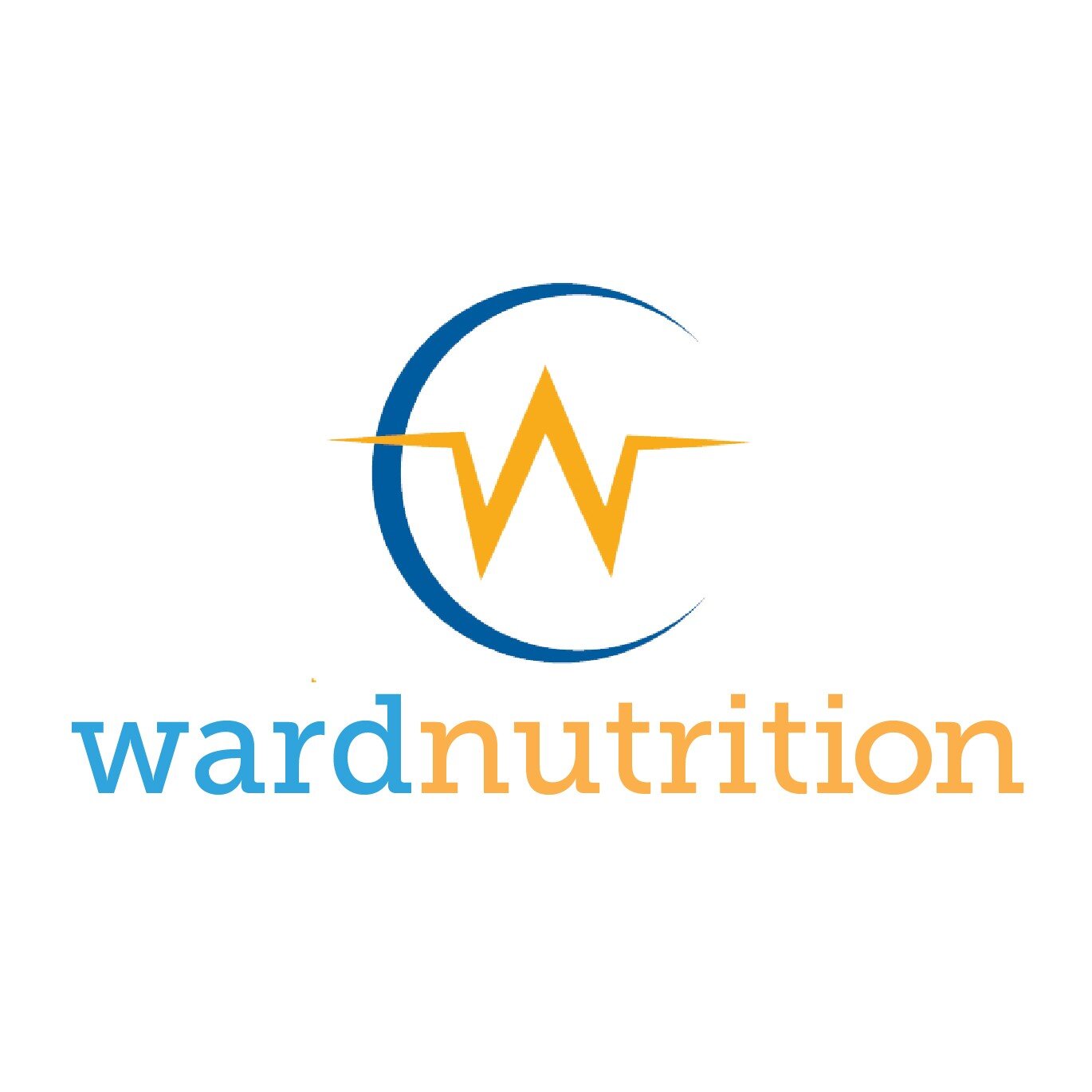I have Iron Deficiency and Im Pregnancy - HELP!
Iron for Pregnancy
Whilst pregnant, your daily iron needs almost double! I know - that sounds like a lot! Don’t worry though, there are many ways you can add some extra iron into your diet and I’m here to help.
WHY DO WE NEED SO MUCH IRON?
Iron is used by our bodies to make red blood cells and during pregnancy your body needs to make more blood than usual to support the healthy growth and development of the little one in your tummy. If you don’t get enough iron, you’re also likely to feel tired, have poor concentration and it can increase your risk of infection. If your iron levels become very low, this might affect your baby’s growth and can increase the risk of a premature birth.
In addition to these factors, it’s particularly important that you meet your iron needs in trimester 2 and 3 pregnancy. This is because your baby starts building their iron stores ready for the first 6 months of life. Breastmilk only has a small amount of iron, so your baby relies on these iron stores until they begin solids. When pregnant your body will require 27mg of iron. This is 2-3 times more then when not pregnant so can sometimes be hard to get in with food alone. Nutritional prenatal supplements can help you improve your iron status, however it is always important that you check with your prenatal Dietitian to ensure you are meeting your requirements before supplementing your diet.
HOW DO I UP MY IRON?
There are two types of iron in foods; Haem (animal sources) and Non – Haem (plant sources).
Haem Iron
Haem Iron comes from animal sources such as red meat (beef, lamb, kangaroo), chicken and fish. Haem iron is absorbed into the body much better than its non-haem counterpart – approximately 10 times better! It’s important to still follow all the safe food guidelines for pregnancy when considering handling, cooking, and eating of meat as they can pose a safety risk to you and your baby.
Non- Haem Iron
Non-Haem iron comes from plant sources and iron-fortified foods such as leafy green vegetables, fortified cereals, tofu, wholegrains and legumes (beans and lentils) – so if you’re vegetarian, this will be where you get your iron! As stated above, our body does not absorb non haem iron as well. To helpiron foods rich in vitamin C at the same time as non-haem iron sources will improve the amount of iron absorbed into your body.
“Eating foods rich in vitamin C at the same time as non-haem iron sources will improve the amount of iron absorbed…”
In contrast, there are some foods that prevent your body from absorbing iron. These include:
· Polyphenols and phytates e.g., black and herbal teas, cloves, cocoa powder & dark chocolate, berries and black beans.
· Calcium
· Animal and plant proteins
· Oxalic acid -
Try to eat these separate to your iron foods when possible. For example consume 30- 60 minutes before or after your meal.
The enhancing effect of vitamin C if consumed with non haem iron sources can overturn these inhibitory effects .
There are also certain foods that inhibit absorption, therefore if youre vego or vegain it csn get complicated and challenging to ensure you are getting enough iron in so we would recommend an individualised dietetic consult to get a tailored program.
Additionally, here are some different foods high in vitamin C and high in calcium. So try to have a think about which vitamin C sources you could have at the same time as your iron rich foods. And think about which calcium sources you can try and eat sepeately to your iron sources.
If you think you might not be getting enough iron in your diet or are struggling to add enough sources, book an appointment with your Health Care Professional or Pregnancy Dietitian who can help give some individual dietary advice to include enough iron in your diet and may also be able to consider an iron supplemnent with you. You should consult someone before starting a supplement as they can assess if your iron levels are low or at risk, as having too much iron can be toxic. If you would like to speak to our prenatal dietitian click here to book in via our website or phone 5301 6435 to speak to our friendly admin staff.
References:
https://www.ncbi.nlm.nih.gov/books/NBK235217/
https://www.ncbi.nlm.nih.gov/books/NBK448204/

